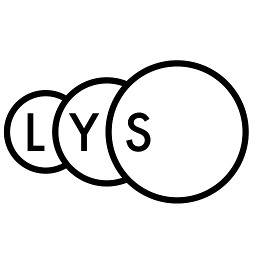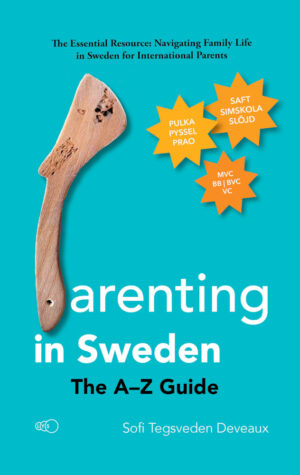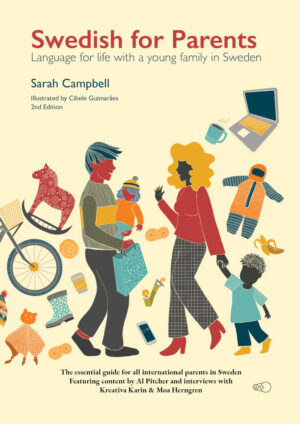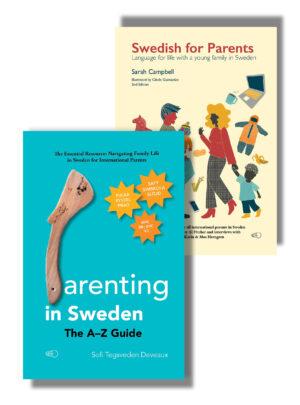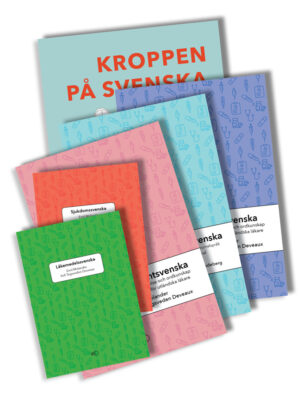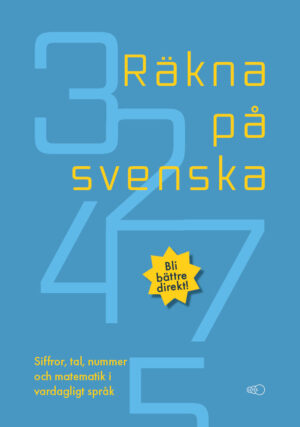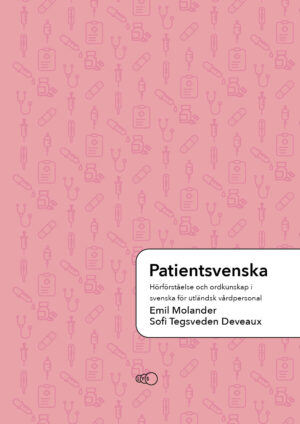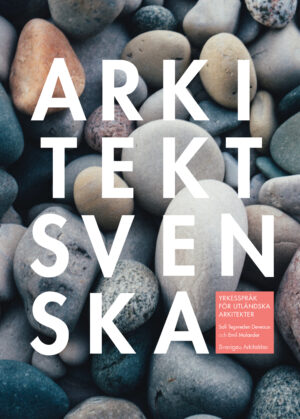To the horror of many visitors to Sweden, the Swedish language completely lacks an equivalent to the English please, the French s’il vous plait, or the German Bitte. This, according to many of my students, proves their hypothesis that the Swedish are impolite by nature, and don’t show any consideration to other people. This could be true or not, but I believe that the interesting point here is that this is a linguistic phenomenon that makes many Swedes seem rude whilst speaking other languages. As we are not in the habit of using such a term, we simply forget about its existence, and necessity, whilst speaking a language that includes one.
I have also seen many cases where internationals with some or very good knowledge of Swedish have tried to use what they consider an appropriate equivalent to please, whilst speaking Swedish. I’ve often heard vänligen, which in this context would translate as kindly, and sometimes also snälla. The latter would indeed translate as please, but only in its most extreme case, as you would be begging for something, as in Please, don’t do this to me! To explain the true meaning of vänligen is a bit trickier. It is often seen on signs and instructions Vänligen stäng fönstret när du lämnar lokalen (Please close the window as you leave the room). In such contexts it is perfectly appropriate, but if you try to use it in a more informal context, and primarily verbally, you will make yourself come across as arrogant and condescending, and not at all polite.
So what can you do to signal politeness in Swedish?
First of all, I believe that you need to accept that the exact term you are looking for just doesn’t exist. Swedes have done fine without this word for centuries, and although they may not come across as the most polite of species (more of this in a later post), things still go around.
Second, you have to accept that tack (thank you) is used very often, probably more often than in your own language, and probably in other contexts. I’ve discussed this with many of my students, and there is a clear reluctance to this perceived over-use of tack, that many fear will make them appear inferior or too humble to the person they are thanking. In many cultures, you don’t thank someone unless it is really something big they have done for you, and the Swedish way of expressing your thanks for anything can be difficult to adapt. Consider the following dialogue:
- Kan jag få en kopp kaffe, tack?
- Javisst, något annat?
- En kanelbulle också, tack.
- Det blir 40 kronor, tack.
- Tack!
- Tack!
- Can I have a cup of coffee, thank you?
- Sure, anything else?
- A cinnamon roll, thank you.
- That makes 40 krona, thank you.
- Thank you.
- Thank you.
To most non-Swedes, this may all sound ridiculous, especially as the buyer of the coffee actually expresses his thanks for paying. On the positive side, it is a very simple system, everyone says thank you, more or less all the time. It’s actually really easy, you simply cannot overdo it! You don’t need to learn complicate systems of hierarchy and context, which is the case with many languages and cultures. Still, many newcomers refuse to do it, only because it doesn’t match to their own culture. When learning a language, or adapting to a new culture, the most difficult thing is not to sound like the locals, but to accept that you have to do what is considered wrong in your own culture or language.
© Sofi Tegsveden Deveaux, 2016
